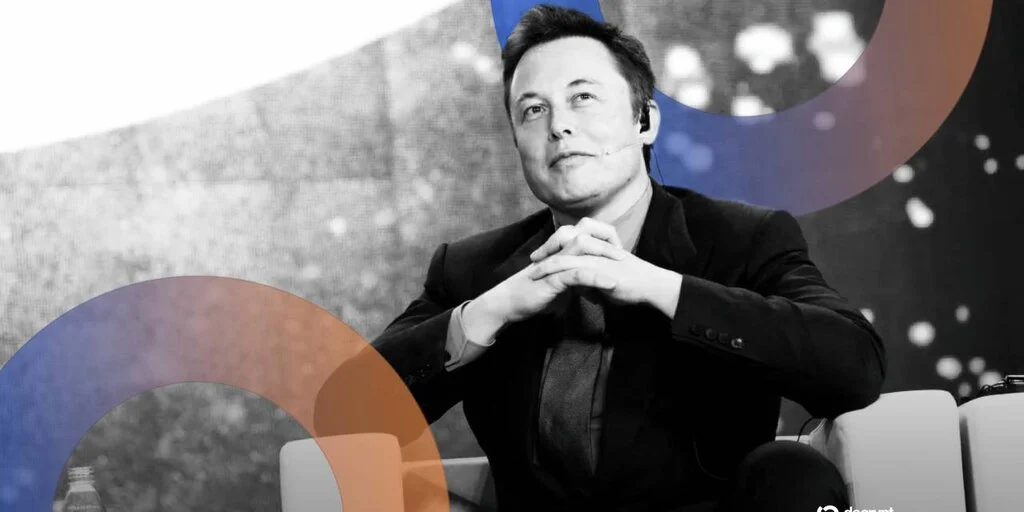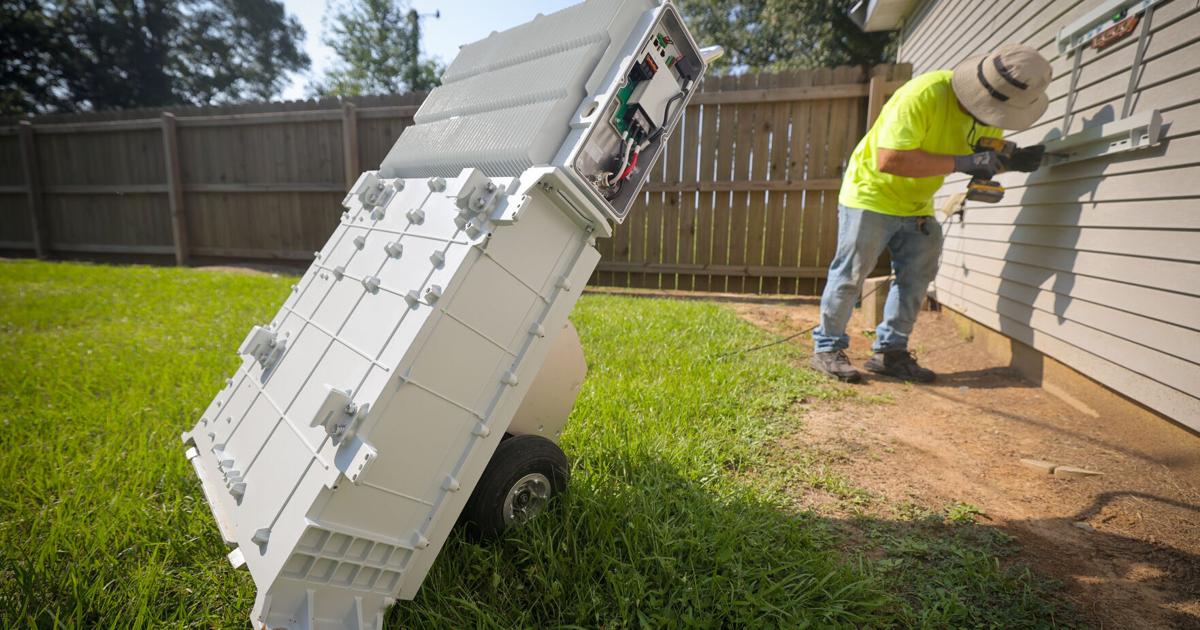
Elon Musk’s artificial intelligence company xAI filed a federal lawsuit on Wednesday against OpenAI, accusing its rival of orchestrating a “coordinated, unfair, and unlawful campaign” to steal proprietary technology through targeted employee poaching.
The complaint, filed in California, alleges OpenAI “by hook or by crook” induced former xAI employees to misappropriate the company’s entire source code, training methods, and data center deployment strategies.
Musk, a co-founder of OpenAI alongside Sam Altman, Greg Brockman, Illya Sutskever, and others in 2015, stepped down from the board in 2018, citing conflicts of interest with his company, Tesla, and its self-driving cars. Since then, the tech billionaire has assumed a combative stance against OpenAI, including filing a separate lawsuit last month.
OpenAI recruiter Tifa Chen simultaneously targeted multiple xAI employees, offering multi-million dollar packages to engineers who then stole source code and uploaded it to personal devices within hours of their communications, the lawsuit alleges.
Xuechen Li, an early xAI engineer, allegedly “uploaded the entire xAI source code base to a personal cloud account” in July 2025, and later “admitted in a handwritten confession” that he misappropriated xAI’s code and presentation materials on training techniques.
The lawsuit details timestamps showing Li’s code theft occurred within hours of encrypted Signal messages with Chen, who allegedly responded “no way!” after Li copied the files, before OpenAI extended its multi-million dollar offer.
Jimmy Fraiture, another early xAI engineer, allegedly “used the AirDrop feature to transfer” confidential source code “at least five times” after signing with OpenAI, stealing “the majority of xAI’s code” he oversaw, plus experimental folders from four co-founders.
An unnamed senior finance executive who left for OpenAI allegedly called these operations xAI’s “secret sauce,” saying, “The data center team. Their speed and precision blew me away. I would NEVER want to compete against them.”
The executive then took a lesser role at OpenAI, focused on data center spending strategy even though he had no prior AI experience, and when confronted about confidentiality obligations, allegedly “responded with crude sexual expletives” and refused to sign termination documents.
Navodaya Singh Rajpurohit, legal partner at Coinque Consulting, told Decrypt the case “leans heavily on employee poaching,” noting that whether it crosses from aggressive recruiting to unlawful misappropriation “will depend on evidence not included in the filing,” and that “hiring alone is rarely enough to prove trade-secret misuse.”
Ishita Sharma, managing partner at Fathom Legal, told Decrypt that xAI must define its “secret sauce” broadly, grouping GPU racking, vendor contracts, pricing curves, and orchestration playbooks, which, she noted, can be described “by the results they deliver — like faster deployment or cheaper scaling, without putting the exact technical diagrams or formulas on the record.”
Sharma said “the recruiter angle is trickier,” since liability depends on whether recruiters acted as agents of OpenAI with the company’s knowledge.
For OpenAI’s defense, she explained, the strongest approach would be to show independent creation through “time-stamped records: internal Git commits, R&D notes, supplier invoices, and emails,” with earlier documentation providing the most credibility.
xAI seeks damages, restitution, and injunctions requiring OpenAI to purge xAI material from its systems and even destroy models built with it.



